Find Help
More Items From Ergsy search
-
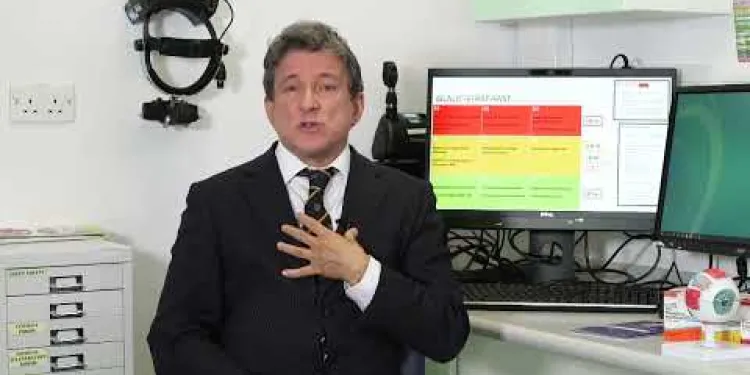
Glaucoma: general side effects of eye drops
Relevance: 100%
-
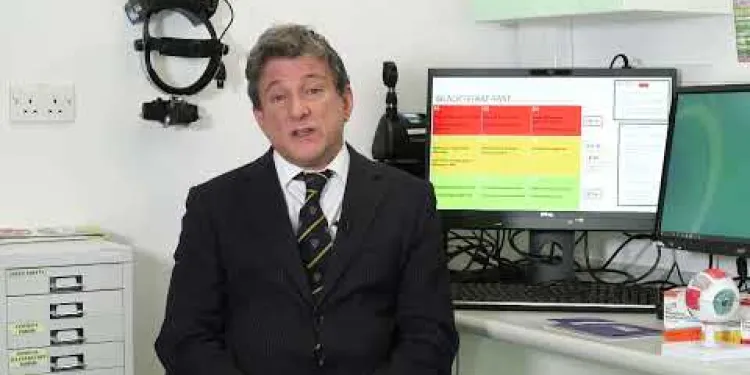
Glaucoma: how often should i take my eye drops?
Relevance: 97%
-
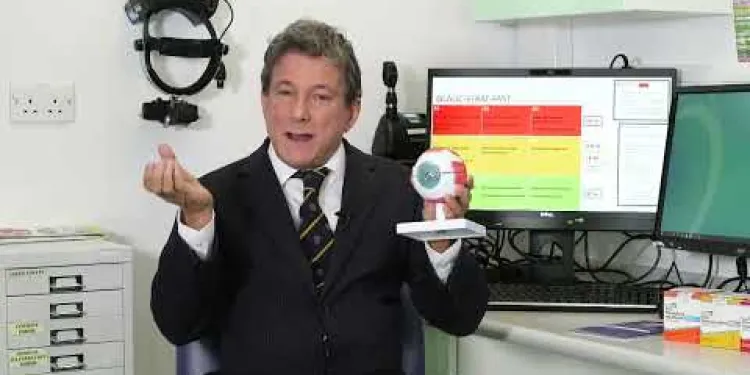
Glaucoma: what is glaucoma?
Relevance: 66%
-
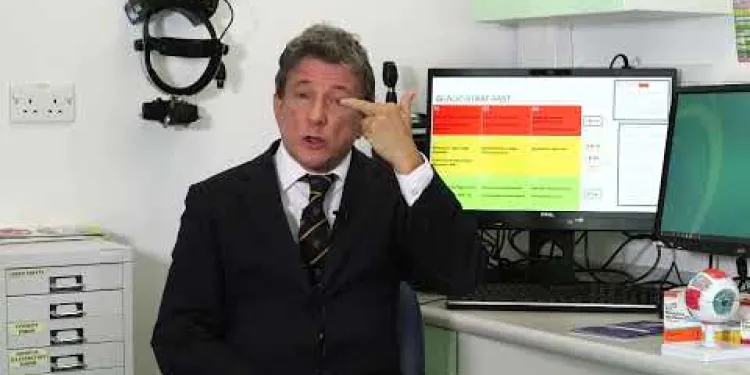
Glaucoma: symptoms in glaucoma
Relevance: 63%
-

What is the difference between hypotony and glaucoma?
Relevance: 50%
-

Are there any self-tests for eye pressure?
Relevance: 49%
-
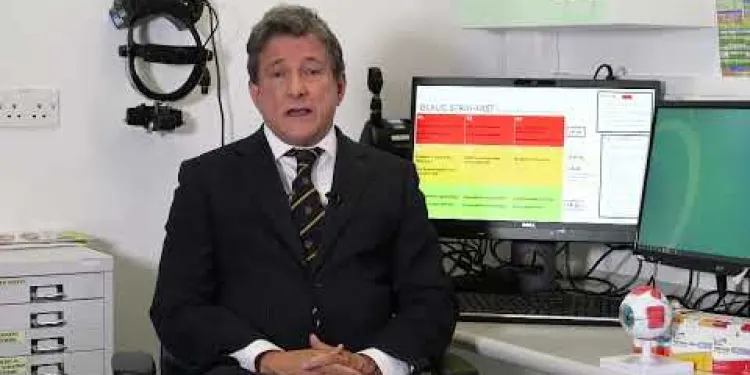
Glaucoma: how does it affect my ability to drive?
Relevance: 48%
-
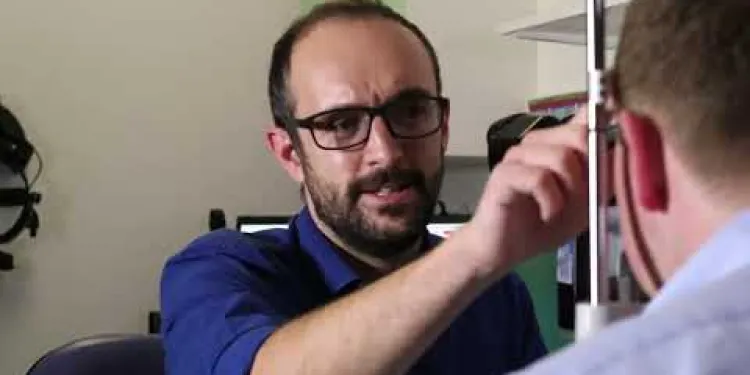
Glaucoma: about the Ophthalmology Team at University Hospitals Birmingham NHS Foundation Trust
Relevance: 46%
-

What is hypotony in the eye?
Relevance: 44%
-

What is the eye condition hypotony?
Relevance: 43%
-
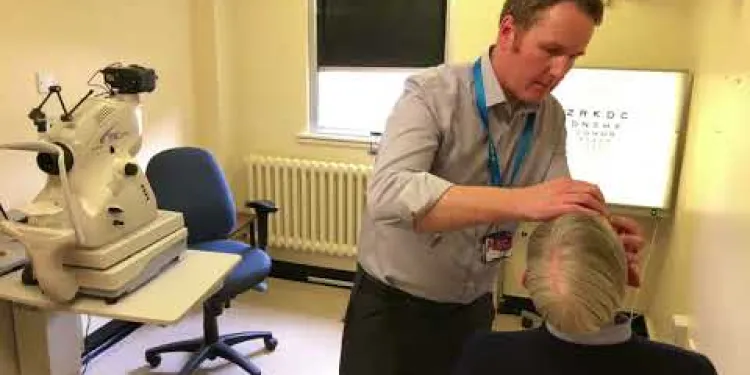
Derbyshire Diabetic Eye Screening - Diabetic Eye Screening
Relevance: 40%
-
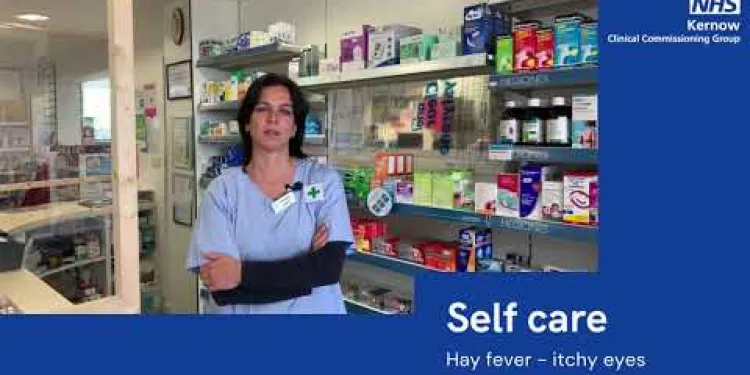
Self care - hay fever itchy eyes
Relevance: 39%
-

Can hypotony occur in both eyes?
Relevance: 39%
-
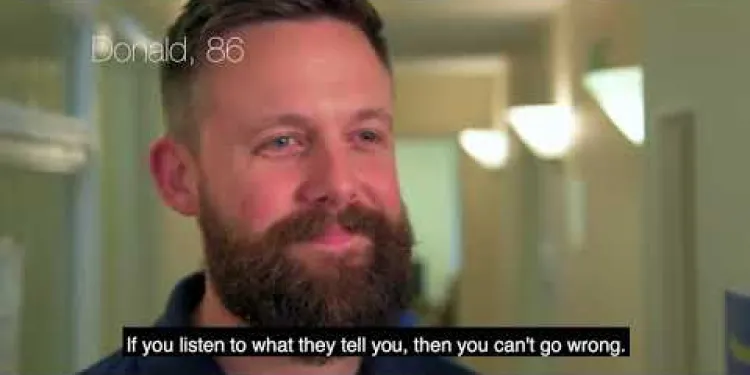
Diabetes Eye Screening
Relevance: 38%
-
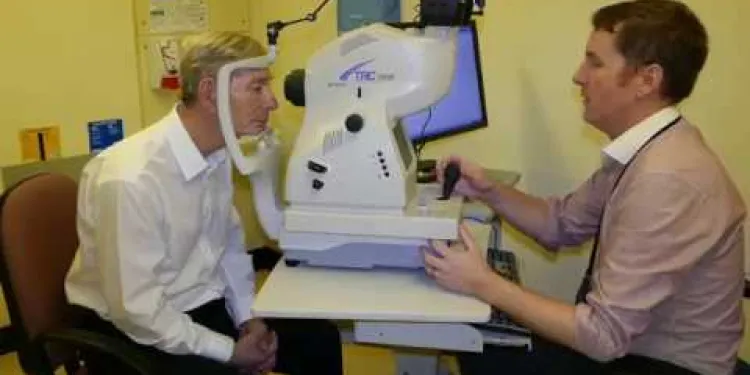
Derbyshire Diabetic Eye Screening - Your Screening Appointment
Relevance: 37%
-

Can self-testing detect all eye conditions?
Relevance: 35%
-
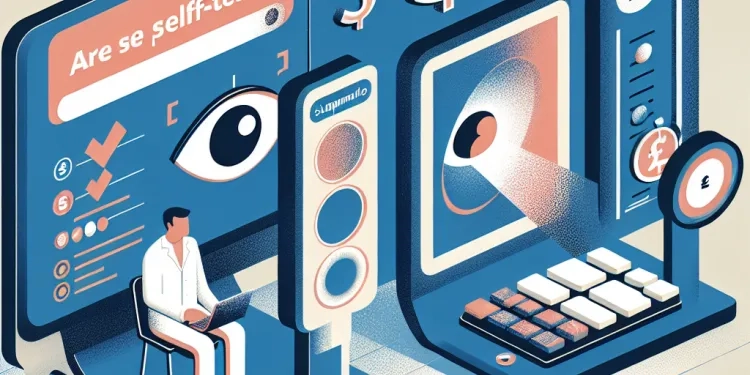
Are self-tests a substitute for professional eye exams?
Relevance: 35%
-

What are the limitations of self-testing for eyes?
Relevance: 34%
-
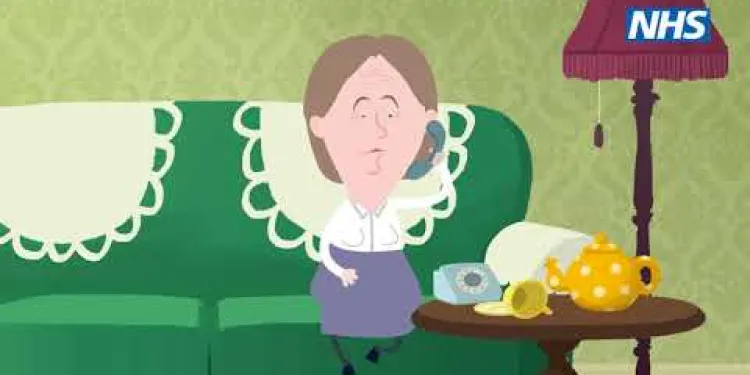
West Midlands LEHN Animated Video on Eye Health
Relevance: 34%
-
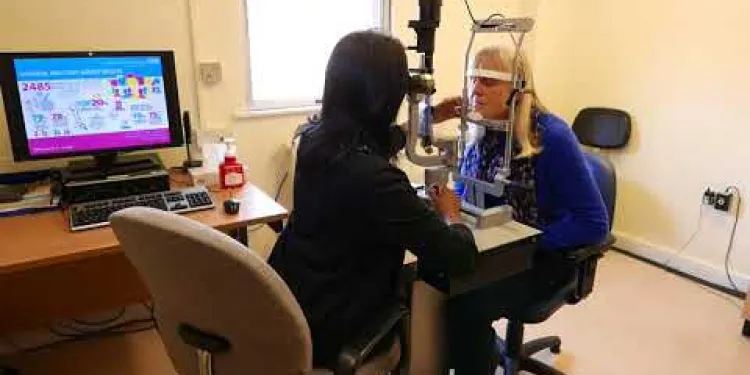
Derbyshire Diabetic Eye Screening - Assessment Clinic Appointment
Relevance: 34%
-

What is self-testing for eye patients?
Relevance: 34%
-
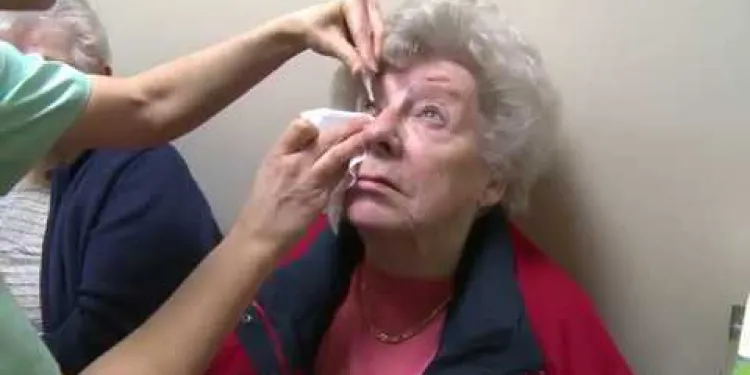
Eye Injections at Royal Bournemouth Hospital
Relevance: 33%
-

Eye Injections at Royal Bournemouth Hospital
Relevance: 33%
-
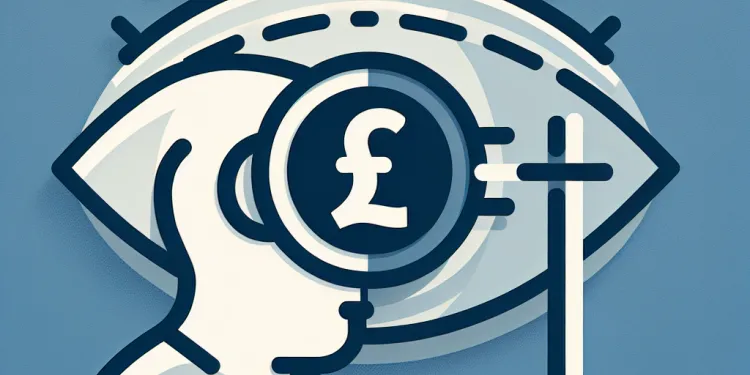
How does self testing for eye patients work?
Relevance: 33%
-

Can I use a smartphone for self-testing my eyes?
Relevance: 32%
-

North Yorkshire Diabetic Eye Screening Programme - A day in the life
Relevance: 32%
-

Do I need any special equipment for eye self-testing?
Relevance: 32%
-

Should I share the results of my self-tests with my eye doctor?
Relevance: 31%
-

What types of self-tests are available for eye patients?
Relevance: 31%
-

Can hypotony affect vision?
Relevance: 29%
-

Why would someone need to self-test their eyes?
Relevance: 29%
-

Are there any risk factors for developing hypotony?
Relevance: 28%
-

What causes hypotony?
Relevance: 28%
-

How often should I self-test my eyes?
Relevance: 28%
-
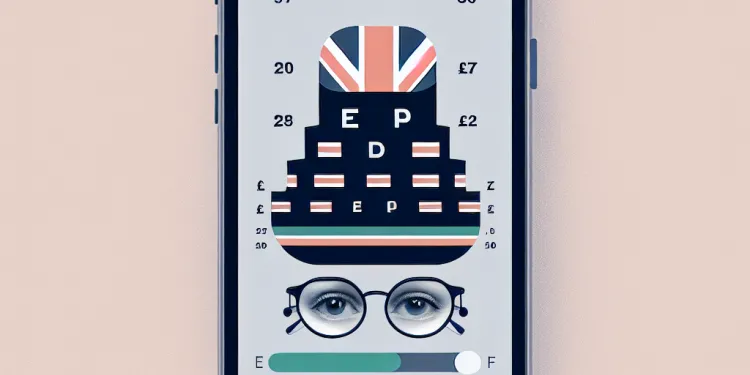
How accurate are app-based eye tests?
Relevance: 28%
-

Can hypotony resolve on its own?
Relevance: 27%
-
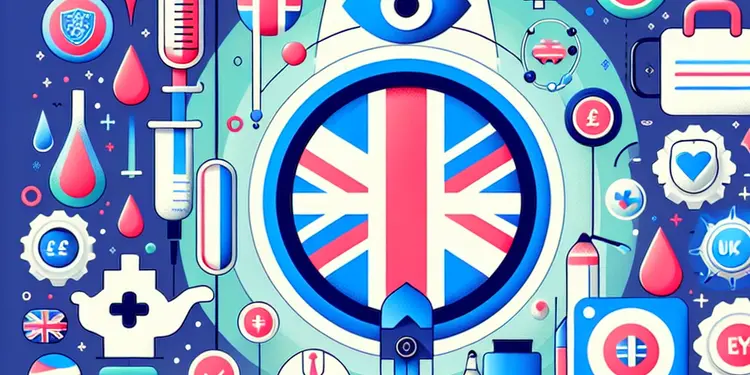
Can hypotony be prevented?
Relevance: 27%
-

Do certain medications contribute to hypotony?
Relevance: 26%
-
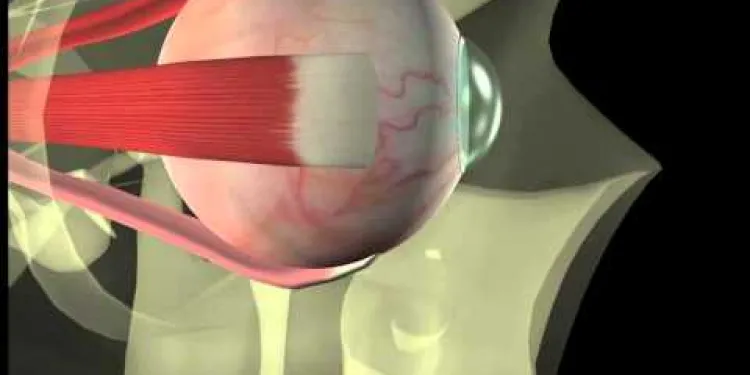
Thyroid eye disease. Squint surgery - The operation
Relevance: 26%
-

How common is hypotony?
Relevance: 25%
Glaucoma Eye Drops: Usage Frequency
What Is Glaucoma?
Glaucoma is a group of eye conditions that damage the optic nerve, essential for good vision. This damage is often caused by abnormally high pressure in the eye and can lead to blindness if untreated. Regular and proper use of prescribed eye drops can help manage this pressure and slow the progression of the disease.
Frequency of Eye Drops Usage
The frequency at which you should use your glaucoma eye drops varies depending on the specific medication prescribed by your ophthalmologist. Generally, eye drops for glaucoma are taken one to four times a day. It is crucial to follow the regimen recommended by your healthcare provider to ensure maximum efficacy.
Commonly Prescribed Eye Drops
Some common types of glaucoma eye drops include:
- Prostaglandin analogs: Usually taken once a day.
- Beta blockers: Typically administered one or two times a day.
- Alpha agonists: Usually taken twice a day.
- Carbonic anhydrase inhibitors: Administered two to three times a day.
Tips for Effective Use
To ensure your eye drops are as effective as possible, follow these tips:
- Wash your hands thoroughly before applying the drops.
- Shake the bottle if instructed.
- Tilt your head back and pull down your lower eyelid to create a small pocket.
- Drop the prescribed amount into the pocket without touching the bottle to your eye.
- Close your eye and gently press the corner to prevent the medication from draining out.
Consulting with Your Healthcare Provider
Always consult with your ophthalmologist or healthcare provider before making any changes to your eye care routine. They can provide guidance tailored to your specific needs and adjust the treatment plan as needed.
Glaucoma Eye Drops: How Often to Use Them
What Is Glaucoma?
Glaucoma is a problem with your eyes. It can hurt the nerve in your eye that helps you see. This problem is often because of high pressure in the eye. If it is not treated, it can make you blind. Using eye drops the right way can help control this pressure and slow down the disease.
How Often to Use Eye Drops
How often you use glaucoma eye drops depends on the medicine your eye doctor gives you. Usually, you use them one to four times a day. It is very important to follow what your doctor says to make sure the medicine works well.
Common Eye Drops
Here are some common eye drops for glaucoma:
- Prostaglandin analogs: Use once a day.
- Beta blockers: Use one or two times a day.
- Alpha agonists: Use twice a day.
- Carbonic anhydrase inhibitors: Use two to three times a day.
Tips for Using Eye Drops
To make sure your eye drops work well, follow these tips:
- Wash your hands well before using the eye drops.
- Shake the bottle if it says to do so.
- Tilt your head back and pull down your lower eyelid to make a small pocket.
- Put the right number of drops in the pocket without touching your eye with the bottle.
- Close your eye and press the corner gently so the drops do not drain out.
Talk to Your Doctor
Always talk to your eye doctor or healthcare provider before you change how you take care of your eyes. They can give you advice that is right for you and change your treatment plan if needed.
Frequently Asked Questions
What is glaucoma?
Glaucoma is a group of eye conditions that damage the optic nerve, often resulting from increased pressure in the eye.
How often should I take my eye drops for glaucoma?
You should take your eye drops exactly as prescribed by your healthcare provider. Common regimens include once, twice, or multiple times a day.
Why is it important to take my glaucoma eye drops regularly?
Regular use of eye drops helps to control eye pressure and prevent damage to the optic nerve, which can slow the progression of glaucoma.
What should I do if I forget to take my eye drops?
If you forget a dose, take it as soon as you remember. If it is close to the time of your next dose, skip the missed dose and continue with your regular schedule. Do not double up.
Can glaucoma be cured with eye drops?
Eye drops cannot cure glaucoma but can help manage and control the condition to prevent further damage to the optic nerve.
Are there side effects from glaucoma eye drops?
Yes, side effects can occur and may include stinging, redness, blurred vision, and changes in eye colour. Always report side effects to your healthcare provider.
Can I take my eye drops with contact lenses?
Consult your healthcare provider, but generally, you should remove your contact lenses before administering eye drops and wait at least 15 minutes before reinserting them.
What types of eye drops are used to treat glaucoma?
Different types of eye drops include prostaglandin analogs, beta-blockers, alpha agonists, carbonic anhydrase inhibitors, and Rho kinase inhibitors. Your prescription depends on your specific condition.
How should I store my glaucoma eye drops?
Store eye drops as instructed, often in a cool, dry place. Some may require refrigeration. Always check the label for specific storage instructions.
Can I stop taking my glaucoma eye drops if my symptoms improve?
No, you should not stop taking prescribed eye drops without consulting your healthcare provider, as this can lead to increased eye pressure and damage.
Is it okay to use glaucoma eye drops from someone else who has the same condition?
No, you should only use eye drops specifically prescribed for you, as different individuals may need different treatments.
How can I make sure I do not miss a dose of my eye drops?
Setting reminders on your phone, keeping a medication diary, or associating the dosage with a daily routine can help ensure you take your eye drops as prescribed.
How long will I need to use eye drops for glaucoma?
Glaucoma is typically a lifelong condition, requiring ongoing treatment with eye drops to manage eye pressure and prevent vision loss.
Can other medications affect my glaucoma eye drops?
Yes, some medications can interact with glaucoma treatments. Always inform your healthcare provider of all medications and supplements you are taking.
What should I do if my glaucoma symptoms worsen despite taking eye drops regularly?
Contact your healthcare provider immediately if you experience worsening symptoms such as increased eye pressure, changes in vision, or discomfort.
What is glaucoma?
Glaucoma is an eye problem. It can make it hard to see. It happens when there is too much pressure in the eye. This can hurt the eye over time and make it hard to see clearly.
If you have questions, ask a doctor. They can help explain more about glaucoma.
Using pictures or videos can also help you understand better. You can also ask someone you trust to help read this with you.
Glaucoma is an illness that hurts the eye. It happens when the nerve in the eye starts to get damaged. This can be because the pressure inside the eye is too high.
How many times a day should I use my eye drops for glaucoma?
You should use your eye drops just like your doctor tells you. You might need to do it once, twice, or more times each day.
Why should I use my glaucoma eye drops every day?
It is important to use your eye drops every day because they help keep your eyes healthy.
If you use the drops every day, they can stop your eyesight from getting worse.
Here are some tips to help you remember:
- Set a reminder on your phone or clock.
- Ask a friend or family member to remind you.
- Make it a habit by using the drops at the same time every day.
Using eye drops often can help keep your eye pressure normal. This stops the eye from getting hurt, which can slow down glaucoma. Glaucoma is when your eyes don’t work well because of pressure.
What to Do if You Forget Your Eye Drops
Did you forget to use your eye drops? Don't worry! Here is what you can do:
- If you remember soon, use the drops right away.
- If it's almost time for your next dose, wait and use it then.
- Do not use extra drops to make up for the missed one.
It's great to have reminders. You can:
- Set an alarm on your watch or phone.
- Ask a family member to remind you.
- Keep the drops somewhere you see them every day.
If you have questions, ask a doctor or pharmacist. They're there to help!
If you forget to take your medicine, take it when you remember. But if it is almost time for your next dose, just wait and take the next one. Don't take two doses at the same time.
Can eye drops fix glaucoma?
Glaucoma is a problem with the eyes. It makes it hard to see. Eye drops can help make it better. But, they don't fix it completely. Glaucoma needs other treatments too. The eye doctor can help you know what to do. If you find it hard to read, ask someone to help you understand. You can also use audio books or videos to learn more.
Eye drops do not fix glaucoma, but they can help take care of it. This stops more harm to the eye's nerve.
Do glaucoma eye drops have side effects?
Glaucoma eye drops help lower eye pressure. But, they can cause other things like redness, itchiness, or blurry vision.
If you have any side effects, it's good to tell an adult or a doctor. They can help make things better.
You can also ask someone to read the information with you. Highlighting text or using a reading tool can help you understand better.
Yes, some things can happen when you use it. Your eye might sting or get red. You might see things blurry. Your eye color might change too. Always tell your doctor if any of these things happen. They can help you.
Can I use eye drops if I wear contact lenses?
Are you wondering if it's okay to use eye drops when you have contact lenses in your eyes? Let’s make it easy! Here’s what you need to know:
- Some eye drops are safe with contact lenses. But not all are.
- Always check the eye drops box to see if it says they can be used with contact lenses.
- If you’re not sure, ask your eye doctor or an adult for help.
Helpful Tip: When putting in eye drops, stand in front of a mirror so you can see what you're doing. You can also use a timer to remind you when to use your eye drops!
Talk to your doctor. Usually, you need to take out your contact lenses before using eye drops. Wait at least 15 minutes before putting your contact lenses back in.
What eye drops help with glaucoma?
Glaucoma is a problem with your eyes. It can make it hard to see. Eye drops can help. There are different kinds of eye drops for glaucoma.
Here are some types:
- Beta-blockers: These eye drops help lower eye pressure.
- Prostaglandin analogs: These help the fluid in your eye drain better.
- Alpha agonists: These reduce fluid and lower pressure in your eye.
- Carbonic anhydrase inhibitors: These drop the pressure inside your eye.
- Rho kinase inhibitors: These help fluid drain from the eye.
If you are learning about glaucoma, here are some tips to understand better:
- Ask someone to read with you.
- Use pictures to help explain words.
- Ask your eye doctor questions if you don’t understand.
There are different types of eye drops. Here are some kinds:
- Prostaglandin analogs
- Beta-blockers
- Alpha agonists
- Carbonic anhydrase inhibitors
- Rho kinase inhibitors
Your doctor will give you the right eye drops for your eye problem.
To help you remember, you can:
- Write the names of your eye drops on paper.
- Use a pill box to sort them.
- Set a timer or alarm to remind you.
How do I keep my glaucoma eye drops safe?
Keep eye drops where it is cool and dry. Sometimes you need to put them in the fridge. Always read the label to know how to store them.
Can I stop using my eye drops if my eyes feel better?
If your eyes feel better, you might think about stopping your eye drops. But keep using them until your doctor says it's okay. Eye drops help keep your eyes healthy even if they feel fine.
Ask your doctor what to do if you feel better. Your doctor knows what's best for your eyes.
Using a reminder, like an alarm on your phone, can help you remember to take your eye drops every day.
No, don't stop using your eye drops without asking your doctor first. Stopping can make your eye pressure worse and cause harm.
Can I use eye drops for glaucoma from someone else?
Is it safe to use someone else's eye drops if both of you have glaucoma?
No, it is not safe. Always use your own eye drops given by your doctor.
Using the wrong drops can harm you. Talk to your doctor if you don't have your eye drops.
Some tools can help you remember to use your eye drops, like a pillbox or phone alarm.
No, you should not use eye drops that are for someone else. Only use the eye drops your doctor gave you. Everyone needs different medicine.
How can I remember to use my eye drops?
Here are some tips to help you remember:
- Make a daily plan. Use a calendar to mark the times for your drops.
- Set an alarm on your phone or watch to remind you.
- Use a chart with checkboxes. Tick off each time you use your drops.
- Ask someone to help remind you.
You can remember to use your eye drops by setting a reminder on your phone. You could also write down when you need to take your medicine in a diary. Another idea is to take your eye drops at the same time as something you do every day, like brushing your teeth.
How long do I need to use eye drops for glaucoma?
Glaucoma is an eye problem. It can make you lose your sight. Eye drops are a type of medicine. They help to stop your sight from getting worse.
You may need to use eye drops every day. Sometimes, you have to use them for a long time. Your doctor will tell you how long to use them. Always follow what your doctor says.
If you have questions, ask your doctor. You can also use reminders to help you remember to take your drops. A phone alarm could be helpful.
Glaucoma is an eye problem that lasts a long time. To take care of it, you need to use eye drops all the time. This helps keep your eye pressure normal and stops you from losing your eyesight.
Can other medicines change how my eye drops work for glaucoma?
Yes, some medicines can affect glaucoma treatments. Always tell your doctor about all the medicines and vitamins you are taking.
What if my eyes feel worse even though I use my eye drops?
If your eyes are still not feeling good and you use your drops, you should tell your doctor. They can help you. It's important to tell someone when you feel different.
Here are some things that might help:
- Keep a journal. Write down when your eyes feel worse.
- Ask a friend or family member to come with you to the doctor.
- Use a reminder on your phone or a note to remember your medicine.
If your eyes start to feel worse, like if they hurt more, you can't see as well, or they feel uncomfortable, tell your doctor right away.
Here are some tools that might help you:
- Use a calendar to keep track of your symptoms and doctor visits.
- Ask a friend or family member to help you talk to the doctor.
- Write down any changes in how you feel to share with your doctor.
Useful Links
This website offers general information and is not a substitute for professional advice.
Always seek guidance from qualified professionals.
If you have any medical concerns or need urgent help, contact a healthcare professional or emergency services immediately.
Some of this content was generated with AI assistance. We’ve done our best to keep it accurate, helpful, and human-friendly.
- Ergsy carfully checks the information in the videos we provide here.
- Videos shown by Youtube after a video has completed, have NOT been reviewed by ERGSY.
- To view, click the arrow in centre of video.
- Most of the videos you find here will have subtitles and/or closed captions available.
- You may need to turn these on, and choose your preferred language.
- Go to the video you'd like to watch.
- If closed captions (CC) are available, settings will be visible on the bottom right of the video player.
- To turn on Captions, click settings .
- To turn off Captions, click settings again.
More Items From Ergsy search
-

Glaucoma: general side effects of eye drops
Relevance: 100%
-

Glaucoma: how often should i take my eye drops?
Relevance: 97%
-

Glaucoma: what is glaucoma?
Relevance: 66%
-

Glaucoma: symptoms in glaucoma
Relevance: 63%
-

What is the difference between hypotony and glaucoma?
Relevance: 50%
-

Are there any self-tests for eye pressure?
Relevance: 49%
-

Glaucoma: how does it affect my ability to drive?
Relevance: 48%
-

Glaucoma: about the Ophthalmology Team at University Hospitals Birmingham NHS Foundation Trust
Relevance: 46%
-

What is hypotony in the eye?
Relevance: 44%
-

What is the eye condition hypotony?
Relevance: 43%
-

Derbyshire Diabetic Eye Screening - Diabetic Eye Screening
Relevance: 40%
-

Self care - hay fever itchy eyes
Relevance: 39%
-

Can hypotony occur in both eyes?
Relevance: 39%
-

Diabetes Eye Screening
Relevance: 38%
-

Derbyshire Diabetic Eye Screening - Your Screening Appointment
Relevance: 37%
-

Can self-testing detect all eye conditions?
Relevance: 35%
-

Are self-tests a substitute for professional eye exams?
Relevance: 35%
-

What are the limitations of self-testing for eyes?
Relevance: 34%
-

West Midlands LEHN Animated Video on Eye Health
Relevance: 34%
-

Derbyshire Diabetic Eye Screening - Assessment Clinic Appointment
Relevance: 34%
-

What is self-testing for eye patients?
Relevance: 34%
-

Eye Injections at Royal Bournemouth Hospital
Relevance: 33%
-

Eye Injections at Royal Bournemouth Hospital
Relevance: 33%
-

How does self testing for eye patients work?
Relevance: 33%
-

Can I use a smartphone for self-testing my eyes?
Relevance: 32%
-

North Yorkshire Diabetic Eye Screening Programme - A day in the life
Relevance: 32%
-

Do I need any special equipment for eye self-testing?
Relevance: 32%
-

Should I share the results of my self-tests with my eye doctor?
Relevance: 31%
-

What types of self-tests are available for eye patients?
Relevance: 31%
-

Can hypotony affect vision?
Relevance: 29%
-

Why would someone need to self-test their eyes?
Relevance: 29%
-

Are there any risk factors for developing hypotony?
Relevance: 28%
-

What causes hypotony?
Relevance: 28%
-

How often should I self-test my eyes?
Relevance: 28%
-

How accurate are app-based eye tests?
Relevance: 28%
-

Can hypotony resolve on its own?
Relevance: 27%
-

Can hypotony be prevented?
Relevance: 27%
-

Do certain medications contribute to hypotony?
Relevance: 26%
-

Thyroid eye disease. Squint surgery - The operation
Relevance: 26%
-

How common is hypotony?
Relevance: 25%


